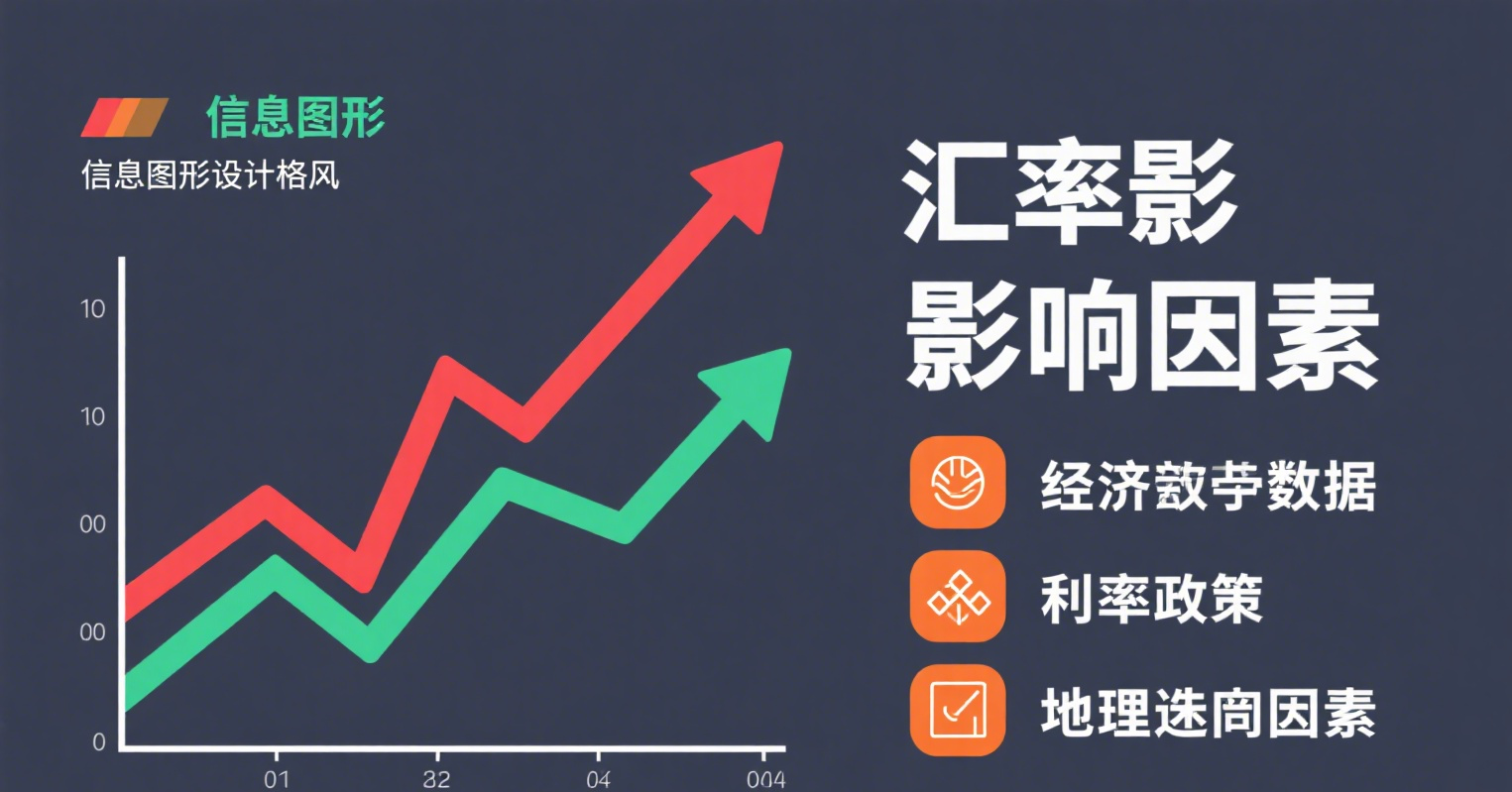
The study of surplus economics primarily encompasses the following aspects:
First, analyzing the formation process and primary manifestations of economic surplus phenomena. Any economic phenomenon has its underlying economic roots and presents itself as either historical inevitability or contingency. The inevitability or contingency of surplus economics will fully exhibit certain characteristics of its own, which, in philosophical terms, is referred to as historical inevitability or contingency. As a widespread form of a market economy, surplus economics naturally has profound economic causes—an unavoidable historical inevitability. Clarifying the origins and trajectory of surplus economic phenomena through the integration of practice and theory, and grasping its changes and trends, constitute the foundational task of surplus economics research.
Second, revealing the intrinsic connections among various economic causes in surplus economics, as well as its primary characteristics and fundamental laws. Phenomena are reflections of essence, and essence is the substance of phenomena. Theoretical research must not stagnate at summarizing phenomena; it requires a grasp of underlying laws. From the complex and chaotic phenomena, we must uncover the hidden internal connections, threads, and clues, seeking the laws governing their emergence, development, and transformation. We must discover qualitative regularities within frequently observed quantitative relationships and grasp unity within scattered facts. Ultimately, economic laws are the laws of quantitative-to-qualitative change, where large-scale economic phenomena and data define the qualitative content of the economy. Revealing these laws means uncovering the intrinsic connections among various economic causes and the historical inevitability they determine—this is the fundamental theoretical requirement of economic research.
Third, studying the strategies and approaches for economic managers and production operators to cope with surplus economics. The market economy is a double-edged sword: it promotes economic development but often inflicts harm on the economy. From a macro perspective, practice has proven that, so far, only the market economy can best foster economic prosperity and development.
However, from a micro perspective, the market economy’s excessive exploitation of resources and fierce competition impose harsh and ruthless conditions on producers and operators, harming both the economy and economic actors. Surplus is the two sides of the blade: one drives economic growth, while the other damages resources and economic actors. Unfortunately, we cannot avoid or eliminate it unless we reject the market economy system altogether. The remaining choices are either to let it take its course or to adapt. The historical initiative of humanity lies in the fact that, although we cannot alter these laws, we always strive to discover, master, and utilize them.
Therefore, researching methods to address the laws of surplus economics and providing sound strategies and decisions are key aspects and tasks of applied surplus economics research. From the perspective of humanity’s historical responsibility to transform itself and society, this is both the starting point and the ultimate goal of research.
















